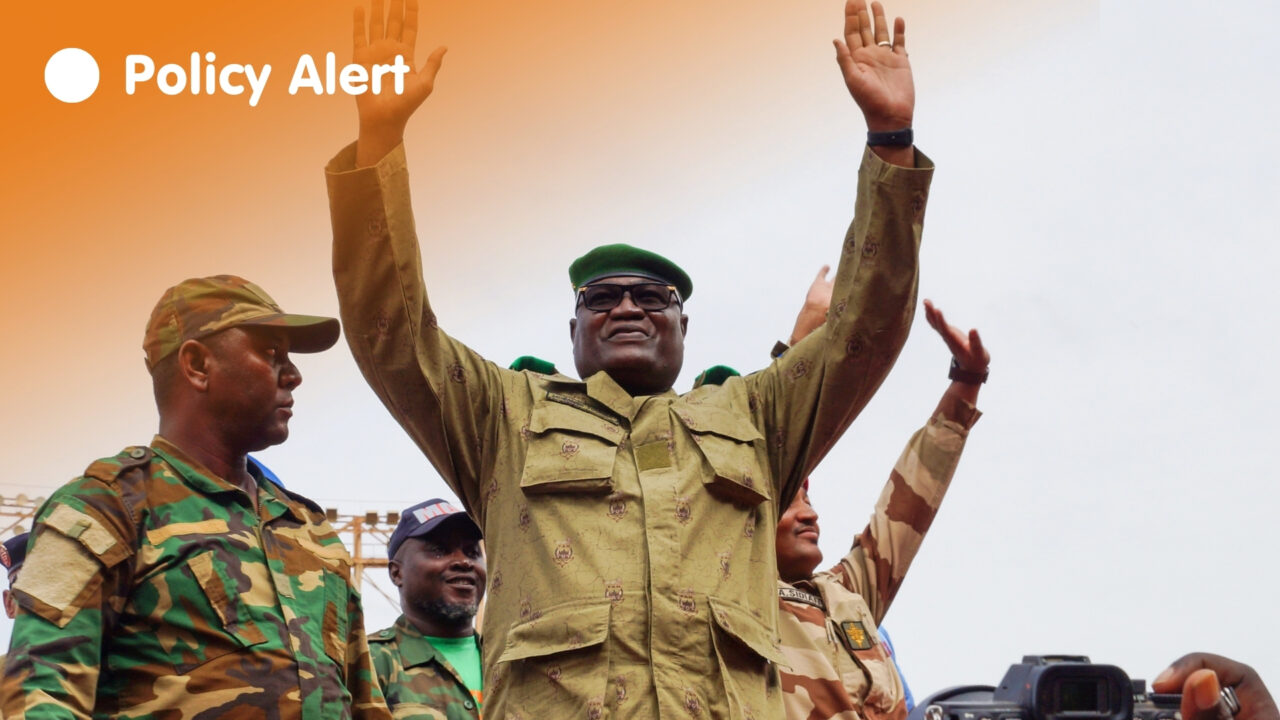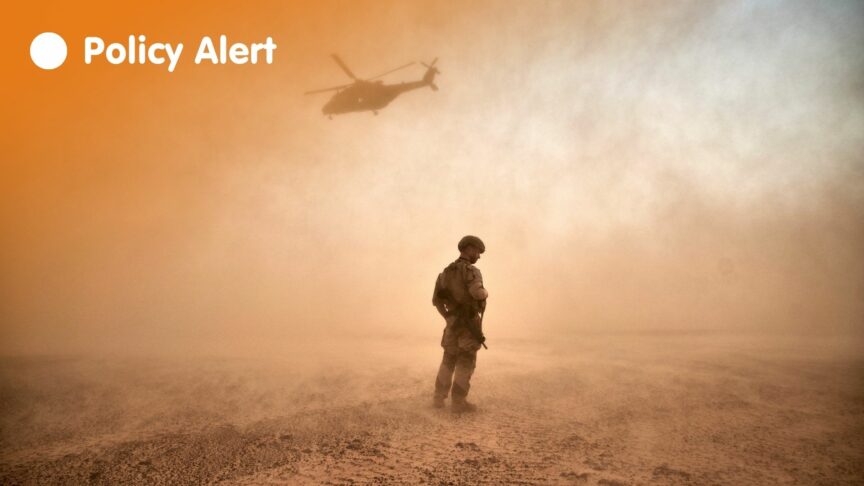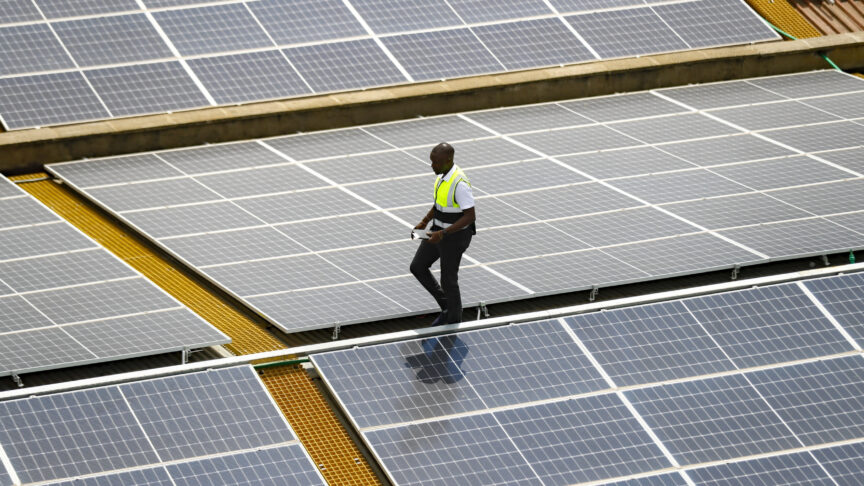The final nail: Niger’s break with the US
Europe’s old Sahel strategy is dead – and Russia is circling over its carcass
Over the weekend, Niger’s military junta hammered the final nail into the West’s tattered mess of a Sahel strategy. The junta revoked a military cooperation deal with the United States, stating that the presence of 1,000 American personnel on its soil violated Nigerien sovereignty. This means that most, if not all, Western forces trying to hold back a tide of jihadist attacks across Burkina Faso, Mali, and Niger have been or are in the process of being expelled.
The loss of Niger Air Base 201 would leave a gaping hole in US operational capacity. It is their main airbase in west Africa and has given the Pentagon eyes in the sky across swathes of the Sahel and Sahara, where myriad extremists and armed groups (including Wagner mercenaries) are sowing chaos.
This follows a string of bad news for Europe in the region. Before the coup in Niger in July 2023, Mali and Burkina Faso had broken from the Western counter-terror response and are now in cahoots with Russia, selling off mineral wealth for the bot farms, drones, and guns for hire they need to shore up their regimes. Insecurity is only getting worse, and Russia’s bands of men with Kalashnikovs have proven woefully incapable of holding back the tide in Mali.
Stemming the tide
Europeans want to stem the flood of extremist attacks in Niger, promote its democratic development, stop Russia from isolating the country from the rest of west Africa, and limit migration through the country onto Libya, which is being exploited by far-right parties at home. But since the coup, their response has been counterproductive.
At first, the European Union and its members followed the line shared by France and the Economic Community of West Africa States (ECOWAS): zero-tolerance for coups. They stopped all financial support and security cooperation with Niamey. The response from the junta was to put a controversial EU anti-migration law on ice and to withdraw diplomatic immunity from the EU capacity building mission in the country.
At this point, member states should have let tempers calm and work out a coordinated response. Instead, they fractured. Germany almost immediately came knocking on Niger’s door, trying to establish a military logistics hub. Italy, sensing an opportunity to win domestic points on anti-migration policies, made a similar disconnected approach. France has stood firm on demanding the junta release Niger’s democratically elected former president, Mohamed Bazoum, while ECOWAS has relented on almost all sanctions.
Europe’s attempts to help the central Sahelian states reclaim control over their territory are over, but the EU still has significant sway. They can pivot to a different approach. However, member states need to work out what they want and come to the table at the same time with their partners in the region. If what they want is to continue a policy of pragmatic transactionalism with the putschists, this should not come as piecemeal offerings here and there. Otherwise, juntas and outside powers will continue to run rings around them.
Fickle fortunes
The US has spent hundreds of millions of dollars on developmental assistance, military aid, and hard military force in Niger. Historically, there has been considerable mutual respect between the two militaries at the officer level, and Americans have fought and died fighting alongside Nigerien soldiers. The US has tried hard not to close diplomatic avenues with Niger, putting off naming July’s events as a coup until October. But this was not enough for a fickle junta preoccupied only with its own survival.
It is likely that a second Trump administration would disengage altogether from the Sahel crisis. As Europeans quietly prepare for a more unified response to Ukraine in case Trump is re-elected, they should not overlook events south of the Sahara.
The European Council on Foreign Relations does not take collective positions. ECFR publications only represent the views of their individual authors.



